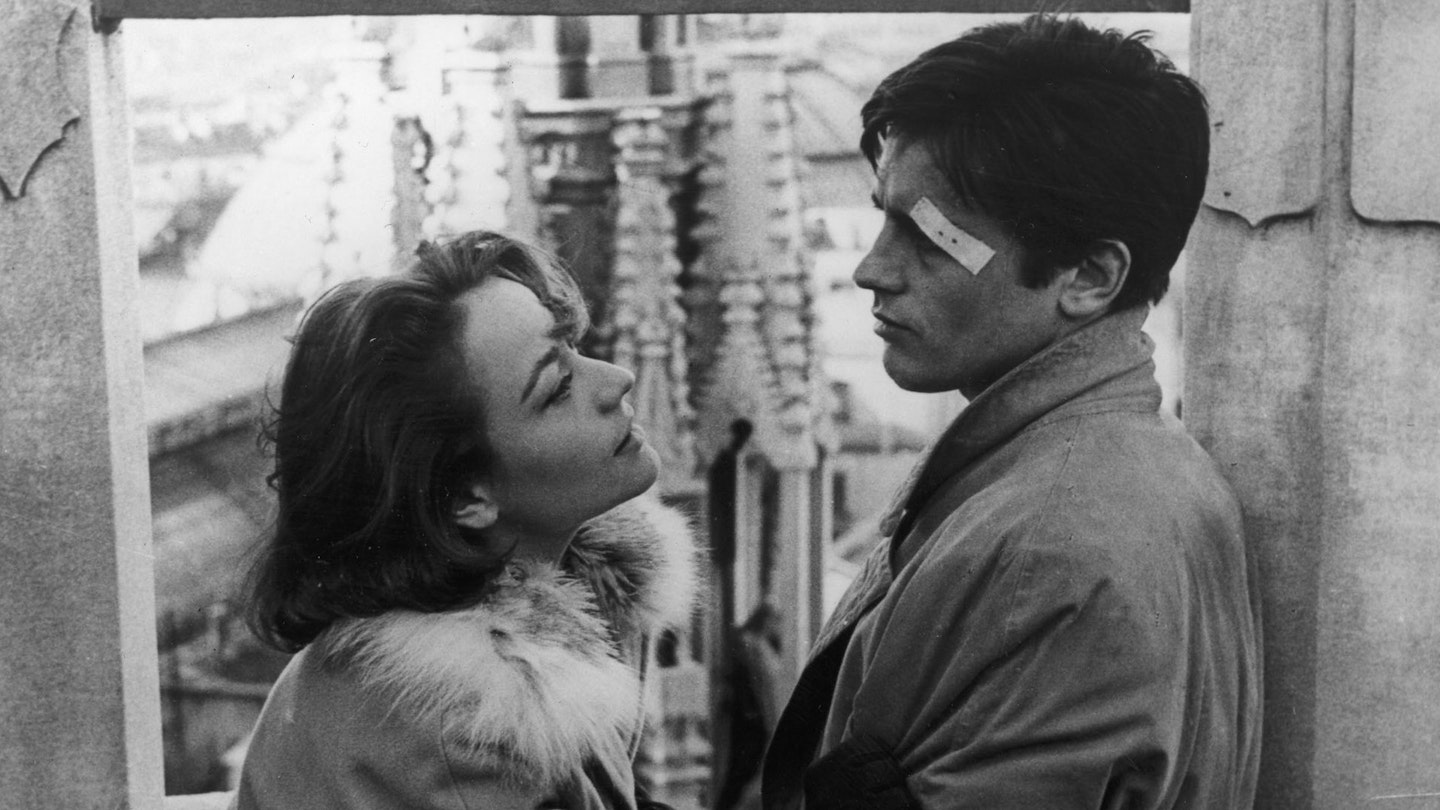Such is the status of opulent works like Senso, The Leopard and Death in Venice that it's easy to forget that Luchino Visconti was among the founding fathers of neo-realism. The sensitivity to a place and its people, acquired while making his earliest features, Ossessione and La Terra Trema, was readily evident in this supremely evocative epic, as he made Milan seem both a city of elegance and despair.
Indeed, Visconti always regarded this film as a sequel to the latter study of Sicilian fishermen - even though its roots lay in such novels as Dostoevsky's The Idiot and Thomas Mann's Joseph and His Bretheren, as well as such Giovanni Testori stories as `Il Ponte della Ghisolfa' - and it's easy to see Milan as a convenient backdrop for a classic southern clan feud.
However, Visconti was also keen to explore the stock responses of his varyingly macho characters to the problems of migration and he shrewdly contrasted traditional notions of honour and family loyalty with the individualism of modern urban life. Consequently, the city provided the same realist environment as Aci Trezza.
Indeed, Visconti's sense of authenticity was so heightened that the council withheld permission to stage Nadia's murder in a popular tourist spot and then banned the film, despite the excision of 45 minutes by the state censor.
Notwithstanding the factuality of the setting, Visconti's genius for operatic melodrama was also to the fore. Alain Delon was perhaps a touch too saintly as Rocco, whose every action atoned for the feckless wickedness of Renato Salvatori, the brother who botches a boxing career, murders his mistress and takes up with a gay pimp. But Salvatori was superb, particularly in his dealings with the outstanding Annie Girardot, whom, ironically, he would marry in real life.
The themes that preoccupied Visconti throughout his career, societal transition, familial disintegration and basic humanity were all present here. But the veniality, violence and simmering sexual tension, which were considered highly controversial back in 1960, gave this monochrome masterpiece a rawness that was decidedly at odds with Visconti's undeserved reputation for decadence.
